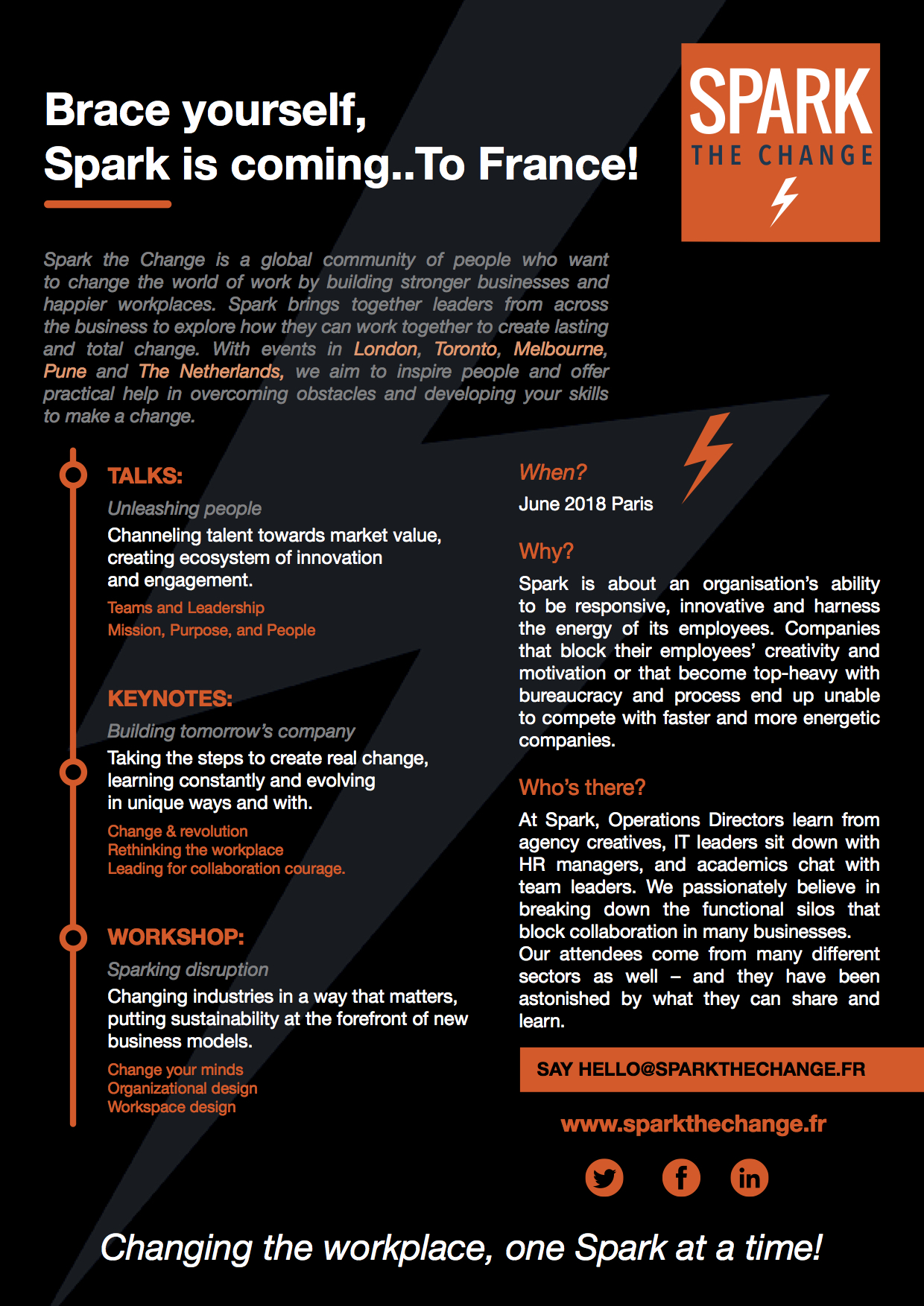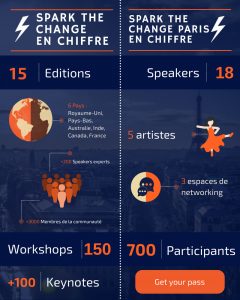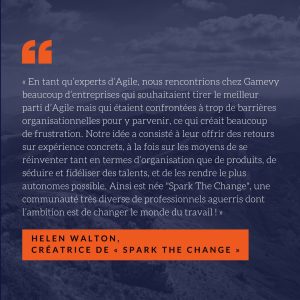
It’s coming up on nine years since I first started slinging code in a professional setting. Professional here meaning with a salary, in an office, with other engineers, decent coffee and unreasonable deadlines.
Back then I was barely newly minted from school, and what I lacked in understanding I certainly carried in hubris. I remember being vaguely offended not to be on the list of Sweden’s top coders that year. No idea how they would’ve found me, but I still remember being annoyed by it.
What I’ve lost in hubris in the last nine years, I’ve gained in experience. I thought it’d be useful to punch down a few things that it would have been nice to know nine years ago — maybe it can help you, if you’re just about to take your first steps out of school.
In no particular order, here are nine things I wish I’d known when I started out:
- Experience counts for something. This is obvious, and maybe a bit condescending. But I remember the first time I saw a colleague in a live, heated situation pull up YourKit and hone in on the fact that we’d have two ServerInstanceFactories, not one, and that caused the entire app to go belly up. Or when I got literally smacked on the fingers for not using two-phased locking correctly. And a thousand other things. My first two years of working, what I mainly learned was that I basically didn’t know shit.
- People are messy. I’d love to know how many hours humanity as a total spends every day mediating between two or more angry 40-year old men. Most of the time, you’ll find reasonable people that don’t share your point of view on things, and you are not obviously right. There are tradeoffs. And sometimes people hold on to stupid ideas longer than they should, simply because they’re people. It’s a great irony that software development demands literal, logical, unambiguous reasoning while being complicated enough that you need to collaborate with ornate, arbitrary, ambiguous humans.
- You’re not logical, you’re biased. If there was one thing I was certain of was that I reasoned with logic and soundness and that I thought things because they were true. Things such as — we hire people only because of merit. Obviously. What I’ve learned is that any point can be argued from many angles, and who I am, where I was raised, what I studied and who my friends are all influence what I think is obviously true. I’ve also learned that I’ll likely never be Spock, and that the only reasonable defense is to invite different points of view, and accept that reasoning from different premises can lead to different conclusions, and still be logical and sound.
- You can use engineering for other stuff. As a flipside to above, I’ve also learned that the method of engineering that you learn in school and hone over the years is useful for a ton of other stuff than just programming. What engineering is to me is a way to define, decompose and reduce a problem space, and from that reason a solution under balanced constraints. Really, figuring out what you’re asking, and then answering that. And turns out that anything from sales, marketing, finance, design to analytics are super-susceptible to this. Don’t be afraid to dive in. It’s usually pretty simple to get stuck in.
- Users are not stupid. This one is a big one. When users complain about your product, it’s usually not because they’re stupid. Your dad, uncle or whatever that don’t really understand Facebook are not stupid. They just know other shit, and they haven’t learned this stuff yet. And that’s Facebook. They have literally hundreds of user researchers making Facebook simple. When your uncle doesn’t understand your app, it’s probably because it’s pretty unusable. Don’t blame users for that.
- Engineers have professional responsibilities. If you work with software in a company that makes money, chances are you have users. Even if you’re building Spotify, not a pacemaker, you still have a responsibility to your users. They’ve chosen your product, and if it sucks, they’re suffering and it’s your fault. This means that if you’re out chugging beer, the systems you maintain go down, and no one else can pick them up, you get a cab home and fix it. Obviously, don’t let a company take advantage of this responsibility. You should get reasonably compensated. But it’s still a responsibility. You can’t laugh off service disruption.
- Inverting a tree is useful, but not in the way you think it is. I’ve always been a strong believer in academic knowledge, and I loved taking the hardest courses. Particle filtering, non-linear signal processing, abstract algebra, advanced algorithms, etc. If it looked hard I wanted to know it. However, the point of Red-Black trees is not Red-Black trees. The point of graph traversal is not graph traversal. The point is, the tools you have shape how you solve problems. And the deeper the understanding of graphs you have, the easier it will be for you to see that a problem is a graph problem. Just like if you know enough economics, you can see business problems as market problems. And so on.
- Integrating early is always better. This is really mundane compared to all the other grand advice, but if you’re a bunch of people working on a piece of code, avoid branches and avoid submodules as much as possible. It’s really not better to work on your own branch until all is nice and then merge back. Merge early. Merge often. Otherwise you’ll spend a month merging. I promise. Like, I really, really promise … and actually, I guess there is grand life advice here as well. If you and someone you depend on disagree on something fundamental, don’t hold a grudge. Hash it out, as early as possible. Make sure you see eye to eye. The process and the product will be all the better for it.
- Simpler is literally always better. I saw someone write something like “Software engineers spend their first two years building complexity, and the rest of their careers managing it”. This is true. Really true. If you can avoid it, never write a dispatcher. Never write an orchestration framework. Don’t use Java if a bash script will do. Solve the problem you have now, not the problem you might have later. Nothing makes you feel as smart as a well architected, abstract framework for solving really complicated, general problems. Nothing makes you feel as stupid as not understanding how to debug it.
Anyway. This is my list. The nine things I wish I knew nine years ago. It strikes me now that current me would love to see the list Nine Things I Wish I’ll Remember In Nine Years. What stuff have I forgotten that would warp my perspective? I’d love to hear your take on either this, or what I missed on this list.
By: Marcus Frödin from Spotify
https://medium.com/@marcusf/nine-things-i-didn-t-know-nine-years-ago-fcbc757b268b#.9xksp8f8t







 « Spark the Change » : décrypter et inspirer les bonnes pratiques
« Spark the Change » : décrypter et inspirer les bonnes pratiques 

